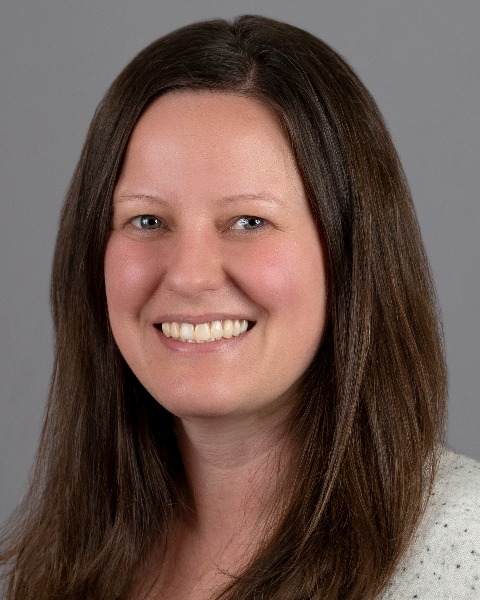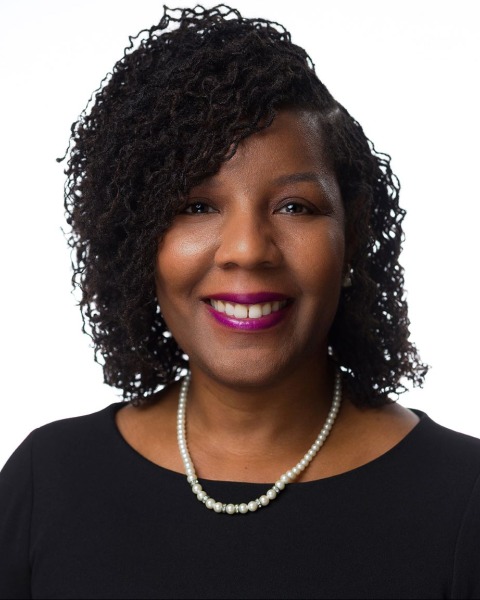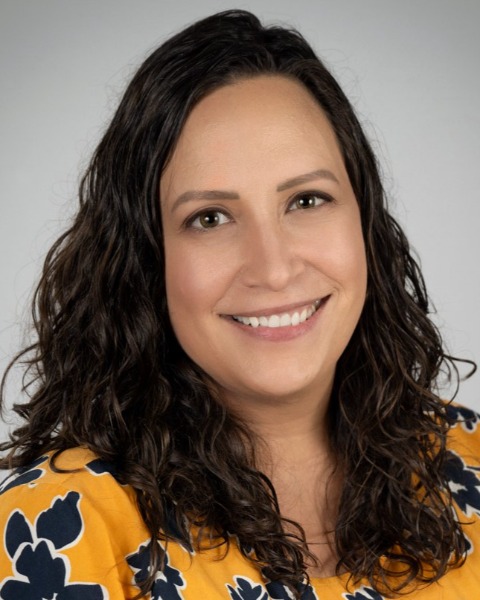Behavioral and Social Sciences
Public Health Responses to Dementia in Rural and Tribal Areas: BOLD and Beyond
-
.jpg)
Katie Spears, MPH (she/her/hers)
Fellow
Alzheimer's Disease Team
Oak Ridge Institute of Science and Education, Georgia, United States -

Erin Bouldin, PhD, MPH (she/her/hers)
Associate Professor
Health Systems Research
University of Utah
Salt Lake City, Utah, United States -
LM
Lisa McGuire, PhD, FGSA
Vice President of Strategic Alliances and Practice Innovation
Division of Population Health
GSA
Atlanta, Georgia, United States -
MF
Meghan Fadel (she/her/hers)
Associate Director, Healthy Brain Initiative
Healthy Brain Initiative
Alzheimer's Association
Amherst, New York, United States -

Kina White, DrPH, MHSA, FACHE (she/her/hers)
Director, Office of Community Health Improvement
Office of Community Health Improvement
Mississippi State Department of Health
Jackson, Mississippi, United States -

Kate Nederostek, MGS, CDP (she/her/hers)
Program Manager, Caregiver Support & ADRD Programs
Utah Department of Health and Human Services
Salt Lake City, Utah, United States
Chair(s)
Co-Chair(s)
Discussant(s)
Individual Symposium Abstract First Author(s)
Rural and tribal communities have unique characteristics specific to their geographical location and cultures that can influence how disease prevention and health promotion programs are delivered in these areas. Public health officials may need to adapt traditional strategies to improve uptake, effectiveness, and reach in rural and tribal settings. CDC’s Healthy Brain Initiative (HBI) Road Map Series identifies priority actions public health agencies can take to promote brain health and support caregivers. The Road Map Series includes one designed for local and state agencies and another for Indian Country. CDC’s Building Our Largest Dementia (BOLD) Infrastructure for Alzheimer's Public Health Program awardees carry out Road Map actions to develop and strengthen the public health infrastructure. This session will illustrate how public health entities have developed dementia resources within rural and tribal areas in their jurisdictions. Four states – Maine, Mississippi, Utah, and Washington – and a tribal board – the Northwest Portland Area Indian Health Board – will be presenters. They will characterize their population, identify the dementia programs and services they offer, describe challenges faced, and discuss the impact of rurality and tribes on their approach to service delivery and outreach. Presenters will discuss resources and collaborative approaches used to ensure success. Together, these presentations will highlight public health strategies that have been effective at supporting brain health in all communities across the lifespan.
Learning Objectives:
- Describe how public health is working towards addressing dementia in rural and tribal areas.
- Explain the unique characteristics of rural and tribal areas that impact dementia.
- Identify dementia programs and services offered and adaptations to increase use.
Presentations:
-
8:00 AM - 9:30 AM PSTTransforming Brain Health in Rural Communities in Washington State
Individual Symposium Abstract First Author: Meghan Fadel (she/her/hers) – Alzheimer's Association
-
8:00 AM - 9:30 AM PSTMaine Reaching for the Summit: Addressing Alzheimer's Disease and Related Dementias
-
8:00 AM - 9:30 AM PSTMississippi's BOLD Public Health Response to Dementia in Rural and Tribal Areas
Individual Symposium Abstract First Author: Kina White, DrPH, MHSA, FACHE (she/her/hers) – Mississippi State Department of Health
-
8:00 AM - 9:30 AM PSTStrengthening Brain Health and Dementia Resources for Our Relatives of Northwest Tribes
-
8:00 AM - 9:30 AM PSTDementia Caregiver Support in the Rural, Frontier, and Tribal Areas of Utah
Individual Symposium Abstract First Author: Kate Nederostek, MGS, CDP (she/her/hers) – Utah Department of Health and Human Services
